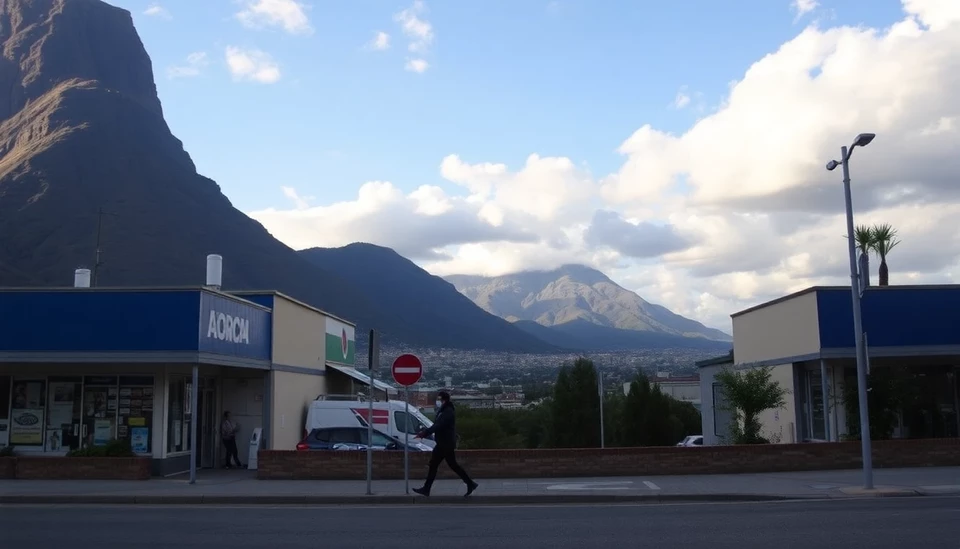
In a significant development for South Africa's financial markets, the nation has reported its first net foreign inflow since 2022. This noteworthy shift reflects a growing confidence among international investors and highlights a critical turning point in the country's economic landscape. The inflow indicates increased foreign interest in South African assets, which could suggest a brighter economic outlook.
According to data released by the South African Reserve Bank, the nation witnessed a net capital inflow totaling approximately R5.4 billion ($330 million) in November. This marks a stark contrast from previous months, which had consistently reported outflows as investors pulled back from emerging markets amidst global uncertainties and domestic economic challenges.
The European Central Bank's recent decision to maintain interest rates, coupled with positive macroeconomic indicators from South Africa, played a crucial role in motivating these capital movements. Analysts believe that the stabilization efforts by the South African government and the central bank, particularly regarding inflation and currency exchange rates, have significantly bolstered investor confidence.
This inflow is particularly important as it not only reflects global investor sentiment but also supports South Africa's currency, the rand, which has struggled against major currencies over the past year. A performing rand is vital for the economy, influencing everything from import costs to inflation rates, and any strengthening is viewed as a favorable indicator.
Furthermore, the increase in foreign investment is expected to create much-needed liquidity in the country's financial markets. This infusion can stimulate local businesses and enhance job creation, which is crucial for a country battling high unemployment rates. Increased investment can also potentially lead to improved infrastructure and services, further benefitting the economy.
The government and economic analysts view this development as a promising opportunity for recovery and growth. They emphasize the necessity of sustaining these inflows to ensure long-term economic stability. However, caution remains, as geopolitical tensions and domestic challenges could still pose risks to sustained foreign investment.
In conclusion, South Africa's recent net foreign inflow marks a vital step towards economic recovery and signals regained interest from global investors. As the nation navigates through its complexities, maintaining this momentum could be key to its ambition for economic revitalization.
#SouthAfrica #ForeignInvestment #EconomicGrowth #Rand #InvestmentInflow #GlobalEconomy #EmergingMarkets
Author: Rachel Greene




